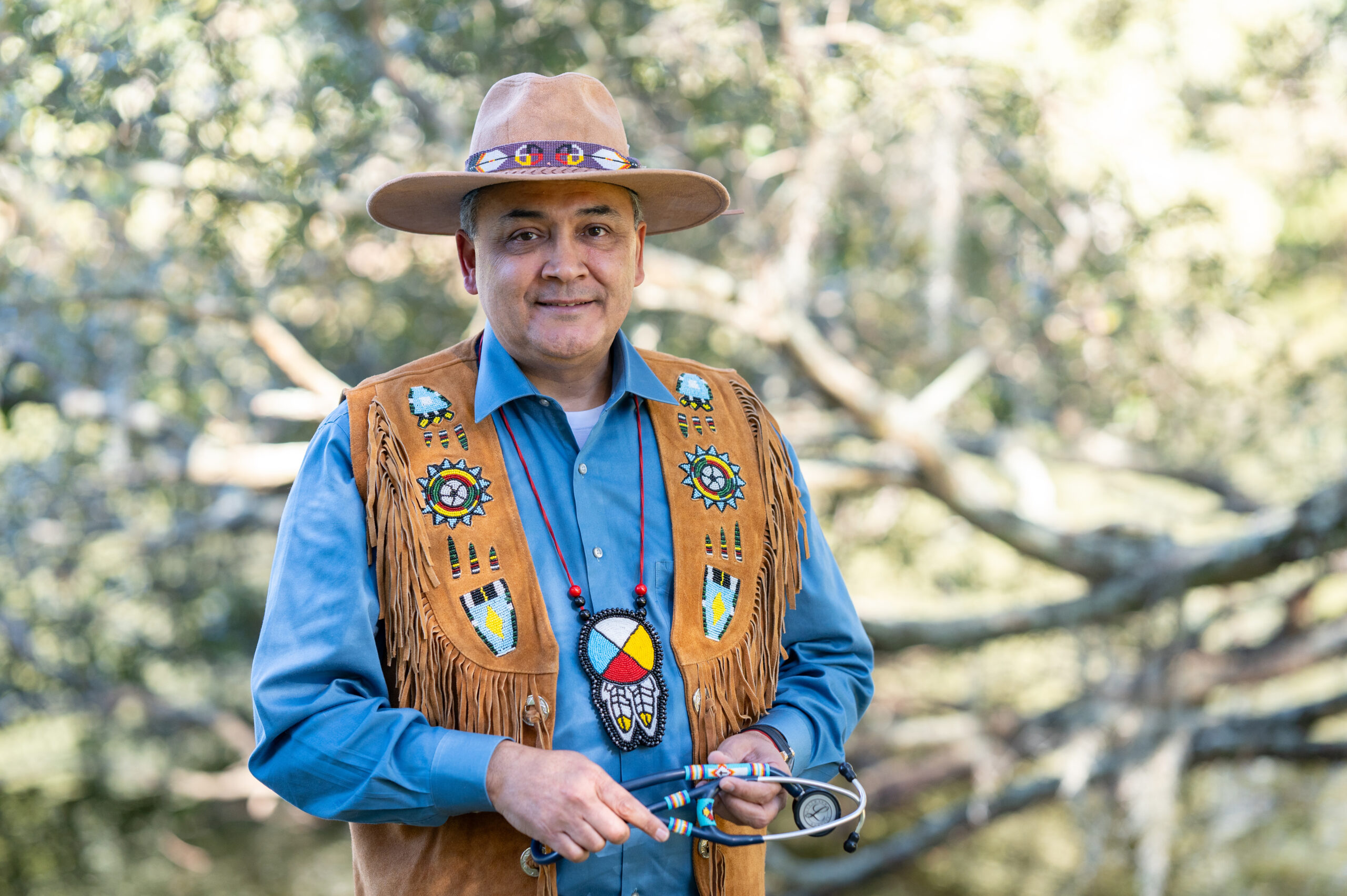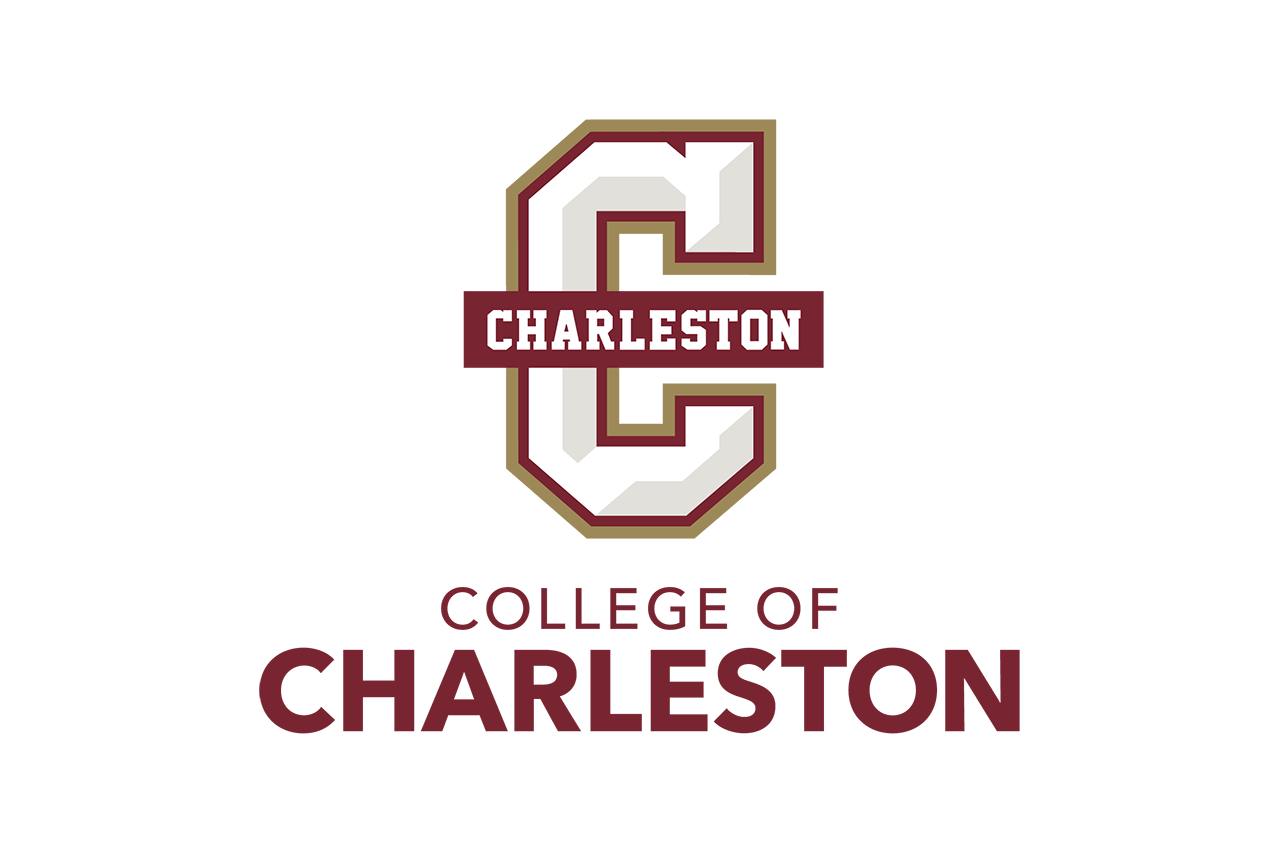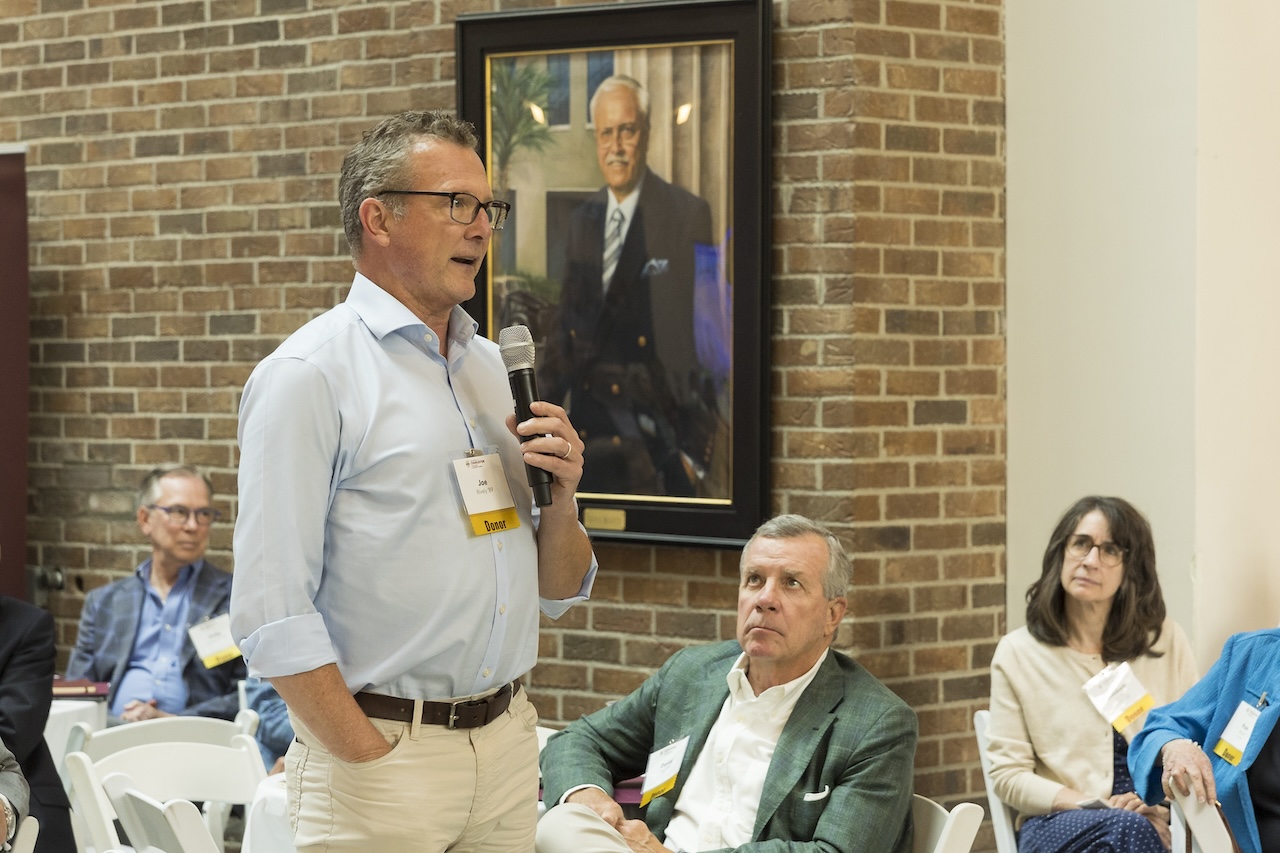Alumnus is Behind Community Revival
The chief of the Edisto Natchez-Kusso tribe, Dr. John Glen Creel ’91, has big hopes for his 600-person indigenous community.

The chief is a doctor. The doctor is a Pentecostal preacher. The preacher is a former science teacher who runs a free medical clinic.
If all that is a little hard to fathom, you’ve gotten a glimpse of John Glen Creel ’91, a man who’s been called driven, zealous and a polymath.
Thirty-two years after being awarded a College of Charleston diploma – what was then a rarity for a member of the Edisto Natchez-Kusso – 20-something years after becoming a pastor and the tribe’s first practicing physician, two years after becoming its chief, Creel smiles reflectively at it all.
He’s on a ministering mission to advance his 600-plus-person rural community along the Edisto River in Dorchester and Colleton counties, South Carolina, while rekindling its traditions.
“I’m a true medicine man, but not in the sense of the old,” he says. “A medicine man worked with the spiritual and the physical. I believe it’s all connected – the mental, the physical, the spiritual.”
Creel painstakingly reels off the colonial-era histories of the peoples who settled near Ridgeville, S.C. He delves into the intricacies of diseases and treatments. He ticks down the myriad funding sources he’s tapping or trying to tap for a host of community programs and projects.
He does it all off the top of his head in conversation after a day’s work and before a night’s work.
A chat with him is like a TED Talk with a revolving table of experts – all within the Organized Edisto Indian Free Clinic in Ridgeville, where a powwow drum and a ceremonial headdress are stored, and a dreamcatcher, the Edisto symbol, hangs on a door.
The son of former chief Johnnie Creel, he has inherited challenges, including the long-pursued goal of his father, other chiefs and tribal councils: achieving federal recognition as a tribe.
That effort means amassing 10 times the information in the 7-inch-thick research folder on his filing cabinet that state recognition took. But it would open up opportunities and funding.
And it could go a long way to countering what Creel calls “systemic eracism,” the brush-by-brush erasure of the identity of the Edisto Natchez-Kusso – things like filling out professional forms that didn’t have a Native American checkbox under “Race,” and later finding his written-in addition changed to white.
Community members are reviving traditional crafts, such as weaving white oak baskets and woodworking cypress boat paddles. But their Ridgeville community soon could be split apart by a proposed 220-acre subdivision.
The solution, Creel says, is education.
Higher education would give younger tribal members the opportunity to become professionals and return to the community to help it grow. He has approached the College about creating a program for Indigenous people like the one for Black students, the 1967 Legacy Scholarship.
Creel attended the College on a S.C. Indian Development Council Scholarship before enrolling at the Medical University of South Carolina. He did both while raising a family and working full time.
With a medical degree in hand, he considered moving on to advance his career but instead brought it home.
“I think the Lord wanted me to be an example to our younger people,” he says. – Bo Petersen



